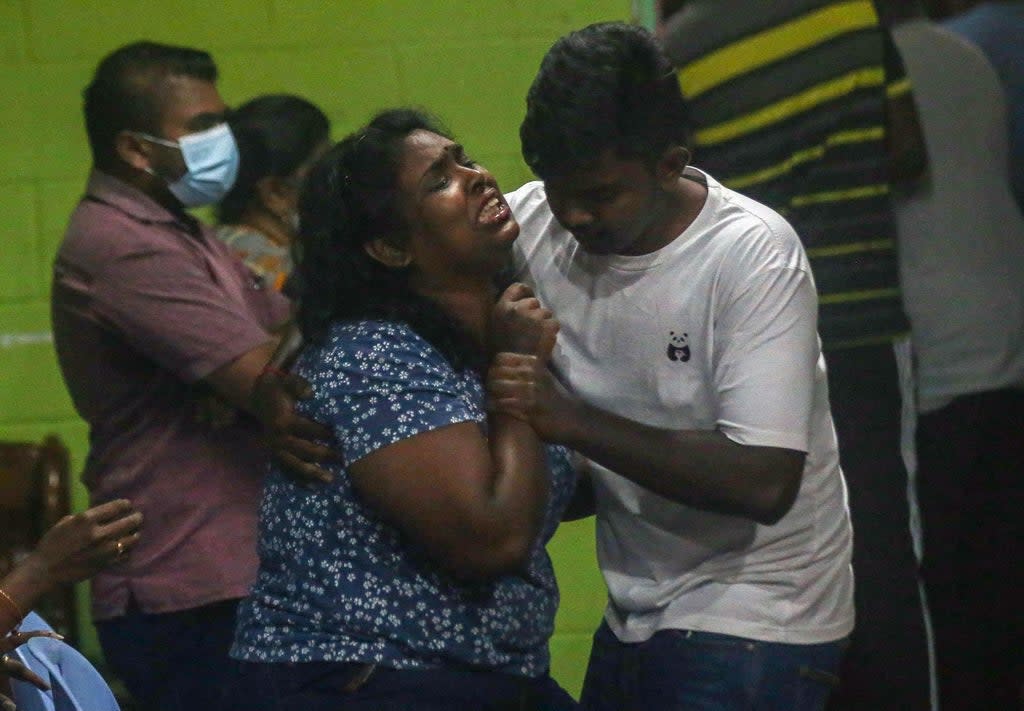Singapore defends execution of man with mental disability: ‘He knew what he was doing’

Officials in Singapore have justified the execution of a mentally disabled Malaysian drug trafficking convict and said the man “knew what he was doing” and had “exhausted” all his legal options to secure clemency.
Authorities in Singapore hanged Nagaenthran Dharmalingam on Wednesday for smuggling 42.72 grams of heroin into the country in 2009 despite global concerns around his mental condition.
However, hours after he was hanged in the country’s Changi prison, Singapore’s Central Narcotics Bureau said that Dharmalingam’s actions were "a deliberate, purposeful and calculated decision".
The top most drug enforcement agency said that the man “knew what he was doing” and “he did not suffer from intellectual disability”.
Stating that his actions showed he was “capable of manipulation and evasion”, the drug agency said that Dharmalingam “attempted to stop a search by telling the officers that he was ‘working in security’, thus appealing to the social perception of the trustworthiness of security officers”.
“He was also noted to be continuously altering his account of his education qualifications… to reflect lower educational qualifications each time he was interviewed,” the statement read, contrary to claims made by his lawyers and supporters who have questioned the legal trial.
Additionally, Singapore’s attorney general’s chambers issued a separate statement, saying that the man was given a fair trial and that he had "exhausted his rights of appeal and almost every other recourse under the law over some 11 years".
His long-contested execution amid various legal challenges was confirmed to his brother Navin Kumar by the Changi prison officials, who was present at the prison to make arrangements for the remains of Dharmalingam to be carried back to their home in Malaysia’s Ipoh.
According to his lawyers, the Malaysian Indian man’s IQ was found to be 69, which is internationally recognised as an intellectual disability.
He was also suffering from other mental disorders which impacted his decision-making and impulse control, the lawyers had informed the Singapore Court of Appeal during the hearings that spanned over the course of the last decade.
The case had sparked global outcry and backlash as lawyers and activists in the country and abroad sought lesser sentence for Dharmalingam than capital punishment, stating that he is not mentally fit to decode the death row.
Lawyers and supporters rallying behind the case seeking relief for Dharmalingam called the execution a miscarriage of justice in the country.
Several UN experts, along with British billionaire Richard Branson, actor-broadcaster Stephen Fry and disability-rights activist Timothy Shriver, had appealed for mercy for Dharmalingam to Singapore’s president Halimah Yacob and PM Lee Hsien Loong but without any reprieve.
This was the second execution carried out by the Singapore authorities within a month as it hanged another drug trafficking convict last month. The country is set to execute another Malaysian drug trafficker, Datchinamurthy Kataiah, on Friday.


